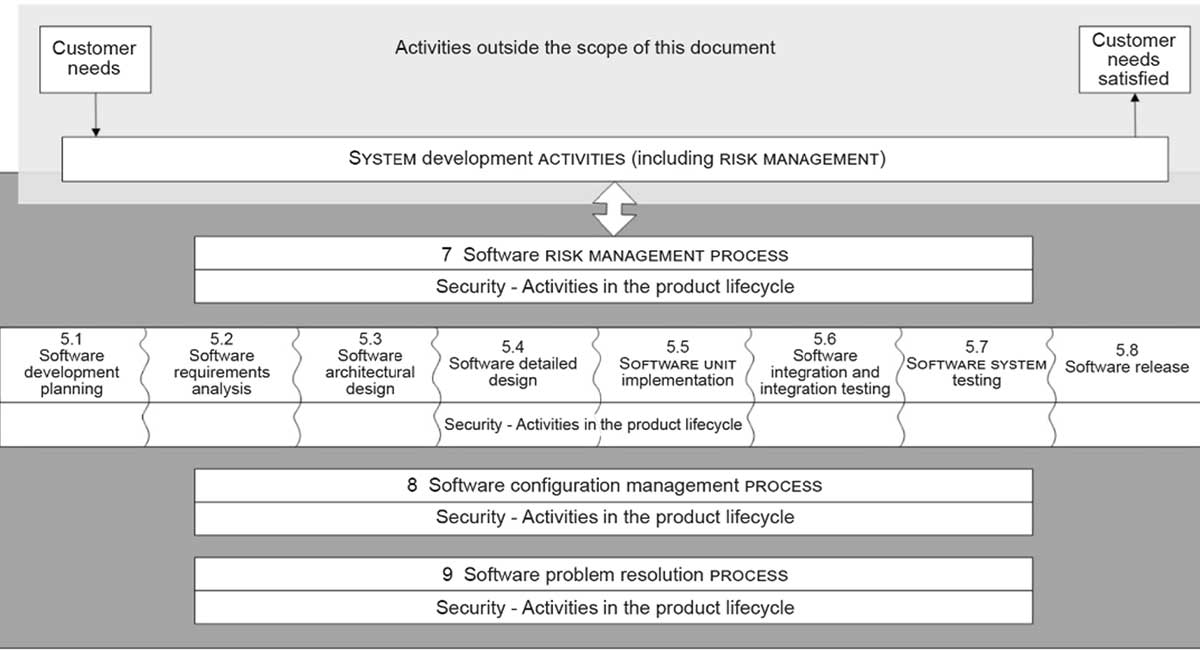Hospital systems are taking cues from the success and benefits of electronic health records and utilising blockchain technologies to streamline patient care and minimise fraudulent changes and access to those records.
As a whole, the value of blockchain technology is estimated to be more than $5bn by the end of 2025, and clinical trials is one of the newest places you’ll find blockchain being experimented with (a clinical trial of its own, if you will). All parts of healthcare constantly evolve, from medical devices to education, and blockchain seems to be the next evolution in data management and data sharing. Here is how and why it is being incorporated with clinical trials.
Blockchain
Blockchain technology was originally created as a way to keep transparent transactions relative to cryptocurrencies like Bitcoin. The name is actually quite on point, as each transaction is considered a ‘block’ in the ‘chain’ that is the public database of cryptocurrency transactions. These blocks store the time of the transaction, as well as the price rendered and the parties involved. All of these aspects are ‘hidden’ behind digital signatures in order to keep any identifying information private on the otherwise publicly viewable transaction.
When it comes to clinical trials, these ‘transactions’ are not monetary, but contain data that is very valuable and sensitive and thus requires the same amount of security and transparency as a financial exchange.
Why?
Clinical trials have a lot of ‘cooks in the kitchen’, starting with the patients, of course, but extending to sponsors, regulators, and ultimately companies who will be utilising the data to curb their products or deem them medically advantageous for public use. The data compiled during clinical trials not only contains information on a given procedure or drug, but it also contains personal health information of all of those involved in the trials, including their demographics like income, race, and location.
Given the multiple layers of sensitivity with this information, and the dollar signs that could come with stealing it, security revolving around clinical trial data is paramount. Securing information is not that difficult of a task when said information is only being shared with an internal group, but the breadth of stakeholders involved with clinical trial information means it also has to be very sharable while remaining secure.
This is where blockchain garners a lot of attention, as it has the ability to offer both top-level security but the ability to share the secured information with the right audiences without compromising said security by creating one-time permissive access options for those who are ‘need to know’.
How?
For starters, blockchain data can help organisations better determine the ‘who’ in their clinical trials, by allowing for anonymous medical data of patients to be secure but accessible by these organisations.
On the surface, it’s fair to think that medical data just floating around isn’t a good thing, but clinical trials in and of themselves are good for patients, especially those with few options. If a patient chooses to allow their information to be shared anonymously amongst clinical trial organisations, that patient has a much better chance at being informed about a trial that could be beneficial to them.
During the actual trials, the shareability of the trial data via blockchain allows easier communication between all parties involved, and can be trusted as a means of storing contracts and paying out financial incentives to patients without any chances of financial fraud.
When?
Blockchain is still viewed with a lot of skepticism, due primarily to being a new technology, even within the finance sector that it first garnered popularity in. It’s even newer relative to clinical trials, and quite a large overhaul, completely uprooting how information is shared in a given industry. Canada has already started testing it in small doses, and some companies in the US are expected to follow in the next year.















